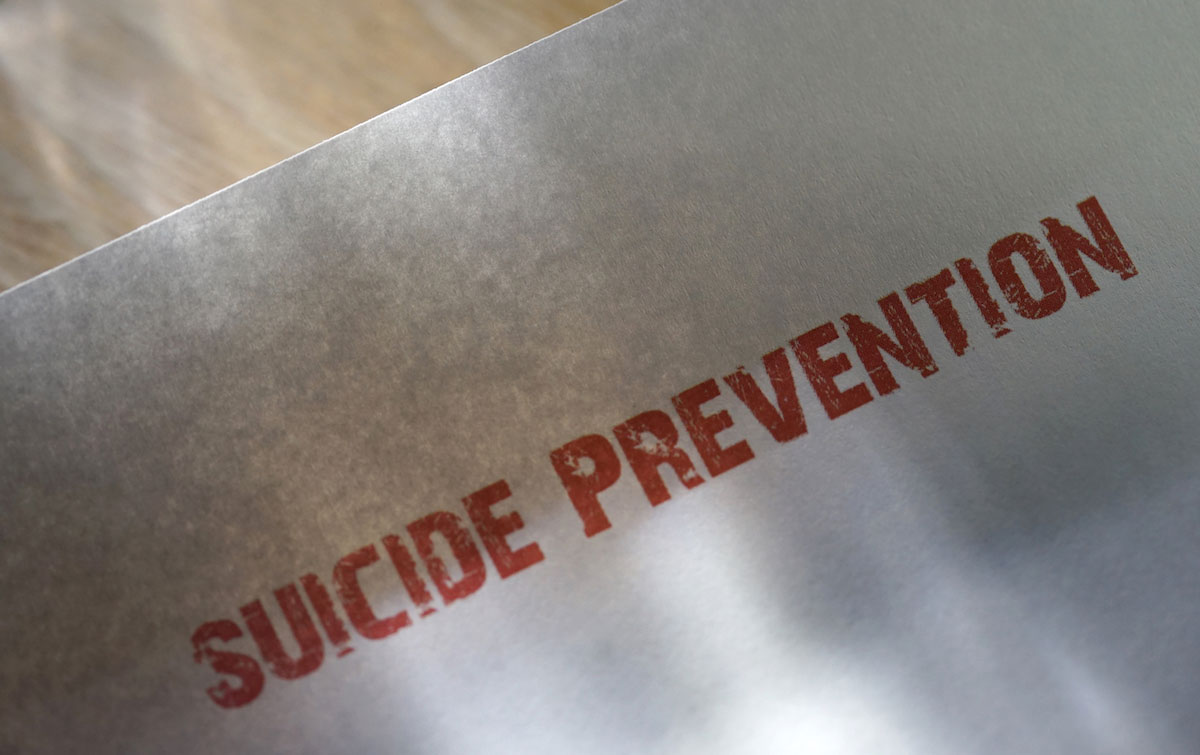<< Back
New Emergency Number: Getting Help By Dialing 988 in a Mental Health Crisis

November 12, 2020
Just like dialing 911 in a medical emergency, a new three-digit number will now summon help during mental health crisis.
In October, President Donald J. Trump signed the National Suicide Designation Act into law, designating 988 as the nationwide phone number to connect people experiencing a mental health crisis to the National Suicide Prevention Lifeline (1.800.273.8255).
The Lifeline is a network of 163 crisis centers that answered more than 2.2 million phone calls and 100,000 online chats last year.
“Reducing a number from 10 digits to three is good in any regard for memory, but if someone is in crisis, or they are suicidal, having 988 at the top of mind increases the likelihood of dialing the number and getting access to services they might need,” said Carrie Pichie, PhD, regional director, Ambulatory Services, Hartford HealthCare’s Behavioral Health Network, East Region.
While the new number isn’t expected to take effect until July 2022, the uncertainty created by the COVID-19 pandemic will make it a welcome resource to many, especially adolescents struggling with a new normal. According to the Connecticut Suicide Advisory Board, the state has lost seven teens to suicide so far this year, with four deaths in October alone.
“COVID is bringing about an increase in isolation and a decrease in functioning and socialization,” said Dr. Pichie. “Those things might lead someone to become depressed, anxious and, subsequently, suicidal. Having access to information with a phone call to experts is pertinent to someone seeking treatment when they might not be reaching out to family members or supports outside of the home as they typically would.”
Even though Americans are being encouraged to physically distance, Dr. Pichie advised looking for signs that someone, especially a teen, is taking social distancing to the extreme that results in harmful isolation.
“Is the person participating through those avenues that they are provided?” she said. “Are they logging into school each day? Are they having social connections with their friends, whether through FaceTime or Zoom? Are they still interested in hobbies, even if it might not be the same venue for the hobby?”
According to the National Institute of Mental Health, these are some warning signs of suicide.
Talking about:
- Wanting to die.
- Great guilt or shame.
- Being a burden to others.
Feeling:
- Empty, hopeless, trapped or having no reason to live.
- Extremely sad, more anxious, agitated or full of rage.
- Unbearable emotional or physical pain.
Behavior changes, such as:
- Making a plan or researching ways to die.
- Withdrawing from friends, saying goodbye, giving away important items or making a will.
- Taking dangerous risks such as driving extremely fast.
- Displaying extreme mood swings.
- Eating or sleeping more or less.
- Using drugs or alcohol more often.
The Hartford HealthCare Behavioral Health Network also offers a 24/7 Community Care Center with access to a licensed clinician, free of charge. If you need help or know someone who may need help, call the CCC hotline at 1.833.621.0600 to be connected with a BHN clinician.